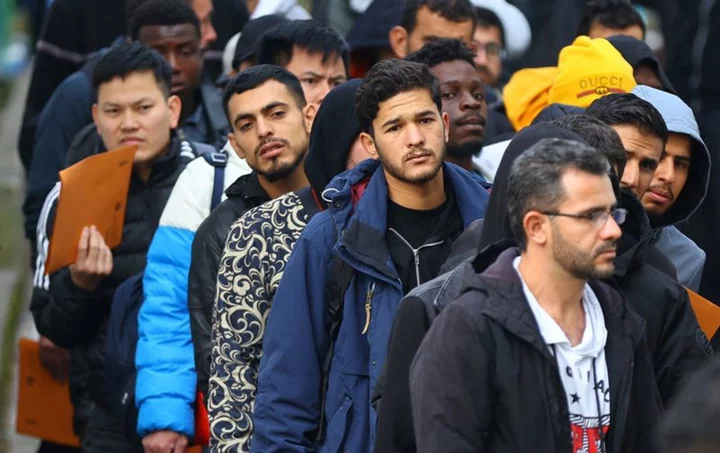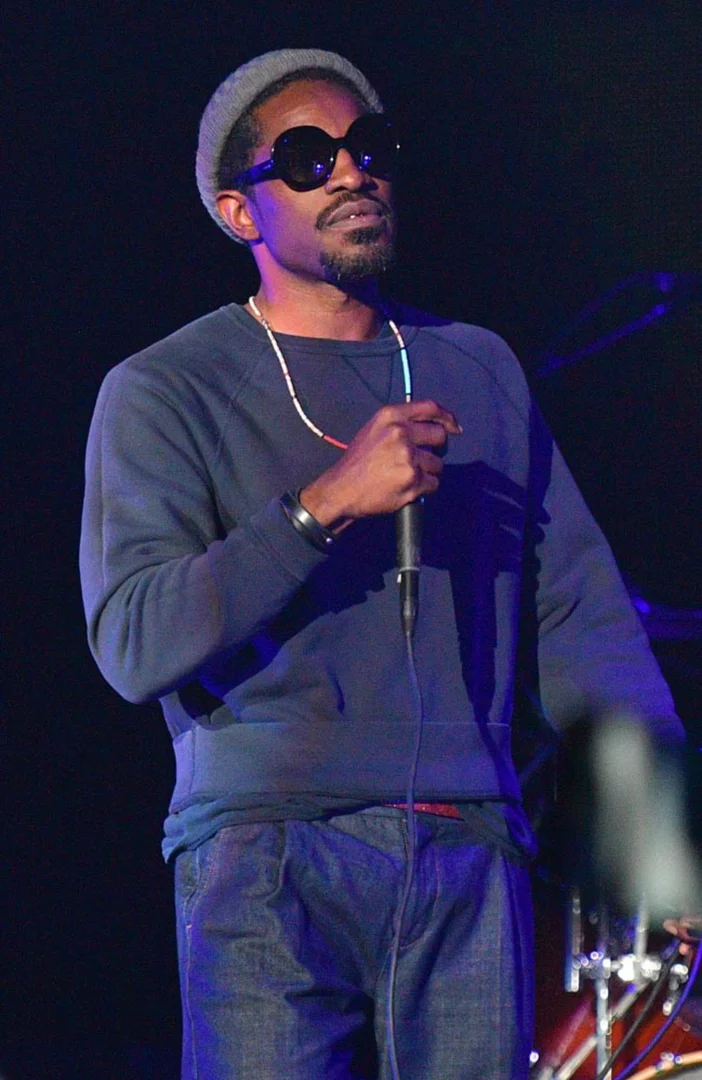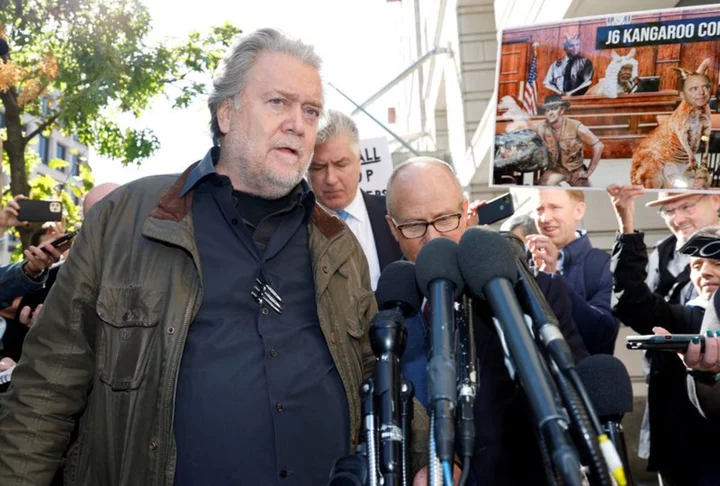By Sarah Marsh and Riham Alkousaa
BERLIN At the height of Europe's migrant crisis in 2015 Germany was heralded for its open-door policy, with images broadcast worldwide of citizens welcoming asylum seekers fleeing war and deprivation in the Middle East with flowers and donations.
Eight years later, however, the mood has soured, with parties across the political spectrum rushing to outbid one another on ways to curb irregular migration - ranging from cutting benefits to capping the number of people granted asylum.
Last week, the centre-left government ramped up border controls within what is normally the European Union's zone of open travel. Interior Minister Nancy Faeser urged Germany's 16 states on Wednesday to provide asylum seekers with material benefits rather than cash, to reduce the country's pull factor.
Migration analysts say much of the tougher stance is electioneering ahead of elections in Hesse and Bavaria on Sunday and in three eastern German states next year.
But such unilateral moves by Europe's largest economy risk having a cascade effect and burdening eastern neighbours with fewer resources, stoking tensions across the region.
"The number of refugees trying to get to Germany is too high at the moment," Chancellor Olaf Scholz said on Saturday, departing from predecessor Angela Merkel, whose declaration "Wir schaffen das" ("We can do this") became a mantra.
"This cannot go on," Scholz was quoted as saying by RND network on Saturday.
The number of people requesting asylum in the 27-nation EU has risen 38% since 2019 to nearly one million last year, close to the record 2015 and 2016 levels, according to data from the EU's Agency for Asylum.
A quarter of all those requests were made in Germany, making it one of the states with the highest rates of applications per capita. This year, it has seen requests soar around 80%.
But the tipping point in the country of 84 million people was essentially reached after it automatically granted asylum to around a million Ukrainians fleeing Russia's 2022 invasion, migration experts say, even as Germany was struggling itself through an energy and economic crisis.
Some 86% of Germans are worried about migration, up from 67% last year, according to a Civey survey, as authorities scramble to provide them housing and benefits.
“A lot of crises are getting closer and closer and that automatically and always leads to people becoming more sceptical about migration," said Hannes Schammann, migration expert at the University of Hildesheim.
SHAM DEBATE AHEAD OF ELECTIONS?
Until recently, the parties tapping into these worries were the far-right Alternative for Germany, now in second place in nationwide polls, and the conservatives, polling in first place.
The centre-right Christian Democratic Union formerly led by Merkel has shifted to a more critical and populist stance on asylum seekers under new leader Friedrich Merz, say analysts.
“They sit at the doctor's and get their teeth redone, and the German citizens next door can't get appointments,” Merz said on a talk show last week. This prompted a broad outcry and accusations including from a minister that Merz was stirring up hatred against migrants, charges that he denies.
But with elections around the corner, Scholz's government is also tackling the issue head-on and adopting a tougher tone.
"There's a political consideration here with elections coming up, because right-wing parties may be able to use these irregular (migrant) movements to their advantage, gaining visibility and votes," said Alberto‑Horst Neidhardt, a migration specialist at the European Policy Centre think-tank.
"This is a concern across Europe, really, not only in Germany."
But migration analysts say many of the proposals are neither actionable nor effective.
The border controls announced by Faeser are a case in point, said Hans Vorlaender, chairperson of Germany's expert council on integration and migration.
"This is meant to have a deterrent effect but it is highly questionable if this will work because people will likely just try to come over green borders," he said, referring to open countryside beyond road and rail controls.
Vorlaender noted that even if tougher controls worked, Germany risked creating a bigger problem for transit countries by bottling in migrants there.
Poland, the Czech Republic, Austria and Slovakia have since acted to tighten their own frontiers.
"Unfortunately when we do not resolve this on the Schengen border...it leads to a chain reaction," said Prime Minister Ludovit Odor of Slovakia, where migrants kept arriving over the green border from Hungary, aided by people smugglers, this week.
"For every country it will mean higher costs, loss of time..., and migrants will not disappear from EU territory."
NOT SO TOUGH AFTER ALL?
Germany's tougher stance on migration isn't so much a policy reversal as an evolution, said Susan Fratzke at the Migration Policy Institute.
Berlin has sought to stem the influx of irregular migration in various ways since 2015, for example by pushing for the EU deal with Turkey whereby Ankara stops people on its soil heading to the bloc in exchange for perks like financial aid, she said.
Ultimately, the measure with potentially the biggest impact could be the EU's reform of asylum law to better secure its external borders and share the hosting of asylum seekers more equitably, which member states agreed to on Wednesday.
In Germany itself, Schammann said at least half of the counter-measures being bandied around were probably "election campaign nonsense", adding: "You just have to wait and see when the elections are over to see what's really left."
(Reporting by Sarah Marsh and Riham Alkousaa in Berlin; additional reporting by Jan Lopatka in Prague and Alan Charlish in Warsaw; editing by Mark Heinrich)









